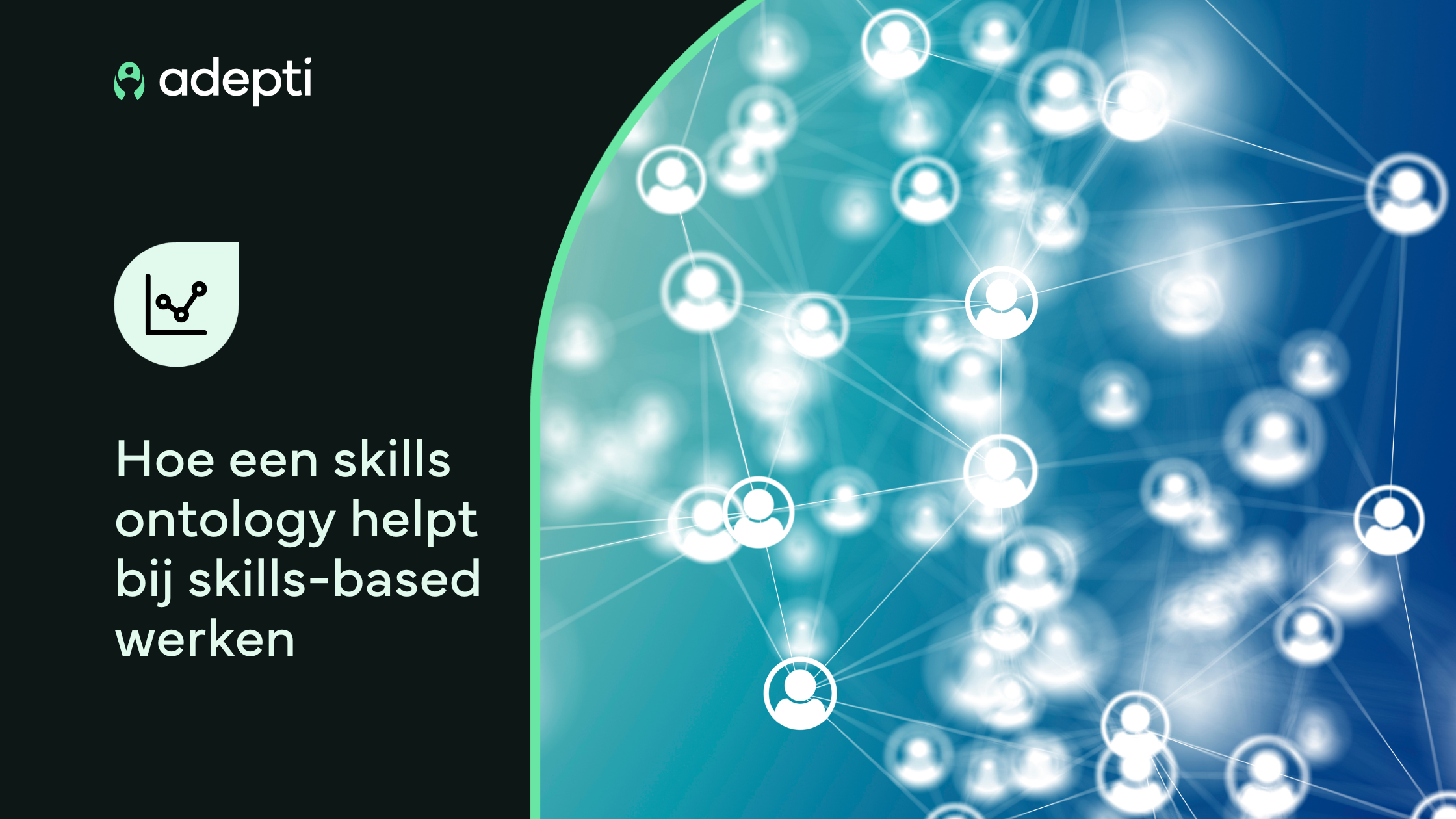From Job Titles to Skill Sets

It happens all the time. Someone is hired as a “project manager” and within a year they are leading strategic initiatives, training new colleagues and solving problems far outside their job description. The title never changed, but the work certainly did.
Titles are neat and simple, but work is messy. New technologies, shifting markets and changing customer expectations constantly reshape what needs to be done. Without skills management, organisations risk overlooking the actual capabilities people bring and the skills they could develop. That is why more companies are moving towards a skill-based approach rather than relying solely on job titles.
Why titles no longer tell the full story
In the past, titles made it easy to organise work. They defined responsibilities and pay grades, and even gave people a sense of identity. But in today’s environment, a title can quickly become outdated. Two people with the same title may do completely different jobs. And many employees have capabilities that never appear in their official role description.
This gap between what is written and what is real is growing, and it makes it harder for organisations to respond quickly to change.
The advantage of skills management
Skills management puts the emphasis where it matters: on what people can actually do. By mapping the skills already in the organisation, you can spot hidden strengths, close capability gaps and create development opportunities that fit both the individual and the business.
It also changes how you think about mobility. Instead of moving people only when a role opens up, you can match them to projects or teams based on their skills. That keeps talent engaged and makes workforce planning much more adaptable.
Making it work in real life
Shifting to a skill-based approach is not about adding another HR tool. It is about changing how you see your workforce. Start by defining a clear skills framework that reflects your strategy. Make skills data visible and actionable for both managers and employees. Connect skills to growth paths so people understand where their development can take them. And use this insight to make quicker, smarter staffing decisions.
Skills management software plays an important role here. The right platform helps you quickly and accurately identify which skills your organisation needs to be successful. Solutions like Adepti go a step further by translating your organisation’s job architecture into a clear, skills-based framework. This gives you a direct link between your current talent, the skills you need and the strategic goals you want to achieve.
Organisations that commit to this approach often notice a cultural shift: people become more open to learning, more willing to take on new challenges and more engaged in their own growth.
Titles will not disappear overnight. They still have their uses. But organisations that combine them with a strong skills management strategy will be the ones ready for whatever comes next.
BLOG
BLOG
Skills-based organizations insights
.png)
6
min read
The role of AI in finding the right internal candidate
.png)
4
min read
From Static to Dynamic: The Necessity of Skill Based Workforce Planning

6
min read
Why HR must take a leading role in the AI strategy
BLOG
BLOG
Skills-based organizations insights

6
min read
10 essential professional skills to develop

6
min read
How to create an employee development plan

5
min read
The 5 main coaching skills every manager needs
BLOG
BLOG
Skills-based organizations insights

5
min read
Hoe een skills ontologie help bij skills-based werken

5
min read
Ontwikkel je upskilling strategie met behulp van AI

5
min read
Oud vs. nieuw: Talent mobiliteit in HR
Skills-based organizations insights
.png)
6
min read
The role of AI in finding the right internal candidate
.png)
4
min read
From Static to Dynamic: The Necessity of Skill Based Workforce Planning

6
min read
Why HR must take a leading role in the AI strategy

4
min read
Career development takes courage to learn

5
min read
Internal mobility: promising, but often misunderstood

4
min read
Skills management as a strategic lens for HR
Meest recente artikelen

5
min read
Hoe een skills ontologie help bij skills-based werken

5
min read
Ontwikkel je upskilling strategie met behulp van AI

5
min read
Oud vs. nieuw: Talent mobiliteit in HR

6
min read
De rol van HR-analytics in skills management
-p-1600.png)
4
min read
De beste platforms voor skills management

5
min read
Hoe HR-directeuren de skills-ontwikkeling van medewerkers kunnen bevorderen
Skills-based organizations insights

20
min read
Comprehensive guide to apply stagility in your HR strategy

15
min read
HR industry report 2025

20
min read
AI-driven talent management

8
min read
Talent Management Systems

10
min read
The evolution of talent development

10
min read
Ready for the future with Upskilling and Reskilling
Meest recente artikelen

3
min read
SLIM-subsidie aanvragen voor jouw bedrijf

10
min read
Klaar voor de toekomst met Upskilling en Reskilling

9
min read
Het pad naar een skill-based organisatie
Skills-based organizations insights
.png)










